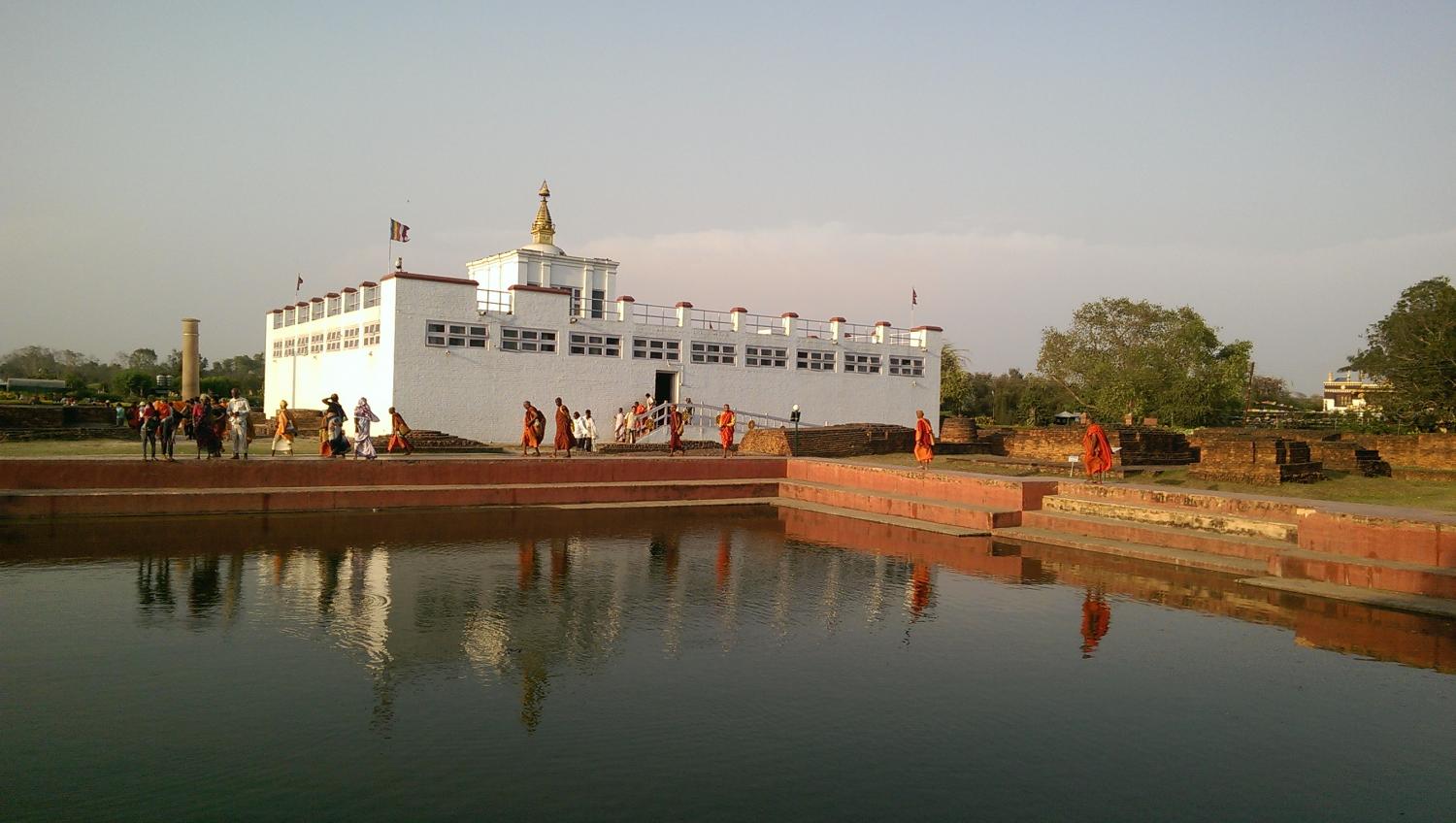
According to the lunar calendar, Sunday, May 15, was a full moon day, which coincides with the birthday, enlightenment day and passing away of Gautam Buddha. Therefore, it is the most important day for followers of Buddhism all over the world.
Different countries celebrate this day in different names but the essence and importance of the day is same. Thais celebrate the day as Visakha Bucha Day whereas Nepali people celebrate as Buddha Jayantee. The United Nations celebrates the day as Day of Vesak. In recognition of Buddhism's contribution to world peace and harmony, the United Nations recognised in the year 1999, "the Day of Vesak". Such recognition is a matter of pride for all of us.
Through Buddhism, Nepal and Thailand have more than 2000 years of contact at a peoples' level. The two countries formalised their relations after the establishment of diplomatic relations 62 years ago. Over this period, the two countries have expanded their relations in multiple areas, which include trade, investment, tourism, culture and connectivity, among others. Our two countries have many commonalities in terms of culture, tradition and language. Moreover, the Nepali and Thai languages have many words in common which are derived from Pali/Sanskrit.
The teaching of Gautam Buddha and the philosophy of Buddhism are strong binding threads between the peoples of our two countries. A majority of our people follow Buddhism as their core faith and others respect it as a pool of enlightened ideas and source of inspiration. Our people have a deep-rooted culture of friendship with all and enmity with none. The peoples of our two countries wish peace, not only at their home, but also in the entire world.
Nepal is the blessed country where on this very full moon day some 2646 years ago, whom we reverently call Sakyamuni Gautam Buddha, was born in Lumbini. On the same day 35 years later, he achieved enlightenment and finally at the age of 80, some 2566 years ago, he assimilated in the eternal peace. Therefore, Lumbini is not only the birthplace of Gautam Buddha, but also the fountain of Buddhism. Today, this place is a centre of attraction for pilgrims, scholars, researchers and those in quest of the ultimate truth and salvation.
Buddha passed on to the succeeding generation the cognizance of the Four Noble Truths and the Noble Eightfold Path. Right view, Right intention, Right action, Right effort, Right speech, Right livelihood, Right mindfulness and Right concentration are just as relevant as they were in the past.
As Buddhism spread to rest of Asia and beyond, the vast collection of knowledge and wisdom, ideas about life and livelihood, messages about social harmony and universal fraternity was also transferred alongside. "Live and let live" is the basic principle of Buddhism that contributed to the wider Asian values of caring, sharing and pursuing larger societal good.
The core Asian values of universal fraternity, "Basudhaibakutumbakam" (the world is one family), peaceful co-existence and sense of sharing have become more relevant during the pandemic. The faithful observance of five principles of peaceful coexistence will serve as an important guidepost to foster understanding, harmony and peace.
Buddha, Buddhism and Lumbini are inseparable. To understand Buddha, it is important to understand Lumbini. Therefore, visiting Lumbini is once in a lifetime experience for those who follow Buddhism and those who admire its grandeur.
The government of Nepal has accorded top priority for the development of Lumbini. The government has a plan to develop Lumbini as an international Peace City and a revered place for all humanity, for all Buddhists across the world, and for those who have interest and belief in the principles laid by Buddha.
Besides Lumbini, there are three other important Buddhist sites in the southern part of Nepal namely Kapilavastu, Devadaha and Ramagrama Stupa. Kapilavastu is the hometown of Siddhartha Gautam and capital of ancient Sakya Kindgom, which is located 29km west of Lumbini.
Devadaha is the maternal hometown of Queen Mayadevi, Lord Sakyamuni Buddha's mother, which is 57km east of Lumbini. And Ramagrama Stupa is the only stupa containing the Sacred Body Relics of Lord Sakyamuni Buddha. Included on Unesco's Tentative List of World Heritage Property in 1996, Ramagrama is a site of great archaeological and pilgrimage importance.
Among the eight Lord Sakyamuni Buddha's relic stupas, this is the only one which is still in its original form. Therefore, it is one of the holiest pilgrimage sites for Buddhists and they dream of making a pilgrimage to Ramagrama at least once in their lifetime.
As a member of the BIMSTEC regional body, Nepal underscores the promotion of Buddhism as a strong connecting thread between South Asia and Southeast Asia regions. In this context, Nepal calls for an early establishment of the Buddhist circuit with Lumbini.
Indeed there is good news for all Buddhists as the government of Nepal, from today, starts commercial flights at newly built Gautam Buddha International Airport, 22km east of Lumbini. We welcome THAI Airways initiating direct flights to this airport. Such air connectivity will not only ease travel for Buddhists going to Lumbini, it will also promote cultural tourism and strengthen people-to-people relations between our countries. We invite our Thai friends to visit Lumbini and other Buddhist sites of Nepal and enjoy the lifetime of experiences to be found.
Ganesh Prasad Dhakal is Ambassador of Nepal.







